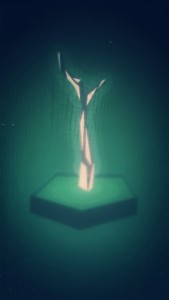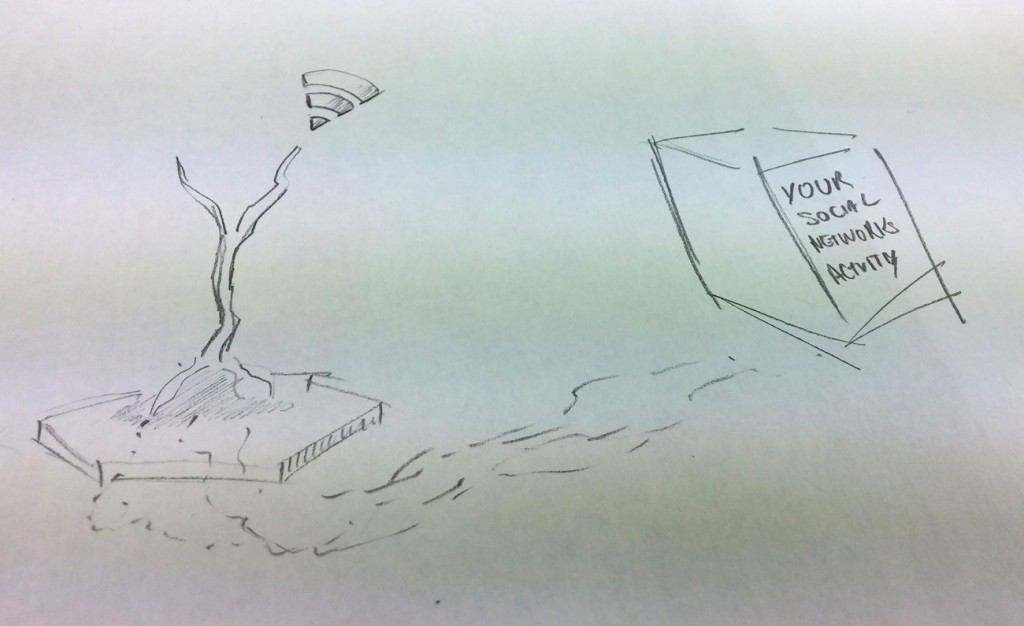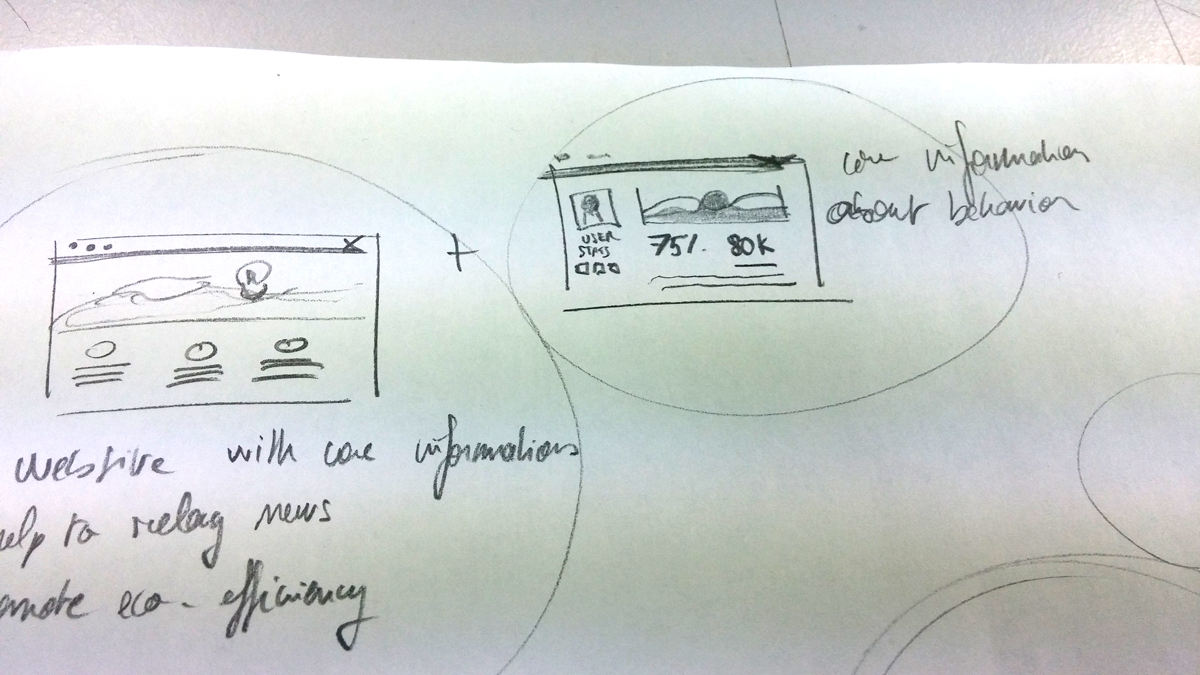I called Frederic Bordage on skype to tell him about my modular installation. He gave me a good feedback but a phrase caught my attention. In fact, when an object like a smartphone is produced, the biggest part of it’s energy is already consumed. The use of natural ressource is the real problem: when you buy a product, the consumption already happened. The user can still have a positive impact on the environment! Now, his role is to optimize the use of the device. It means that he can optimize the time spent on social networks, the way he charges his battery, the level of luminosity on the screen. It’s possible to calculate an efficiency index. It doesn’t mean that someone needs to change brutally his use of his everyday services and objects, but need to make the best of it.
 At the moment I’m visually prototyping a connected lamp which has the apparence of a plant. The plant is useful because it can emit light, as a lamp. The more your efficiency index is positive, the more the plant will evolve and emit light. On the contrary if the index is negative (not efficient) the plant will emit less light [lose it’s main utility] and fade.
At the moment I’m visually prototyping a connected lamp which has the apparence of a plant. The plant is useful because it can emit light, as a lamp. The more your efficiency index is positive, the more the plant will evolve and emit light. On the contrary if the index is negative (not efficient) the plant will emit less light [lose it’s main utility] and fade.
So I need to avoid to think in terms of “energy” and “electricity”. I dont set standards and default parameters people need to follow but I should give advices and educate people to explain them how to make better use of the devices and services they have. It’s a direct answer to the danger of greenwashing and brands giving abstract numbers people can’t understand like the 0.02gr of CO2 of a tweet.

